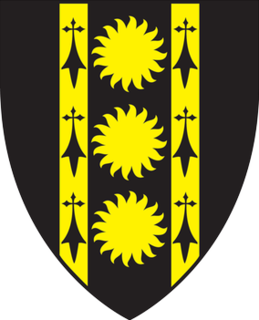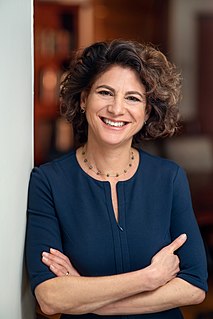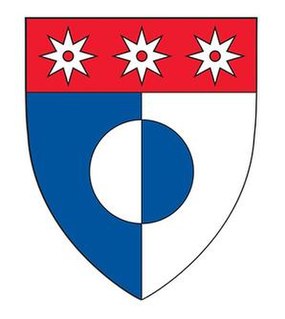
Yale University was founded in 1701 as a school for Congregationalist ministers. One of its ten founding ministers, Abraham Pierson, became its first Rector, the administrative and ecclesiastical head of the college. After Pierson, four more ministers served as rectors of the collegiate school, until 1745 when Yale College was chartered by the Colony of Connecticut and Thomas Clap's title was changed to president. In 1878, Yale incorporated as a university, and incumbent Timothy Dwight V became the last president of the college and the first of Yale University. The first president not ordained as a minister was Arthur Twining Hadley, inaugurated in 1899; no ordained person has held the office since.

Yale University is a private Ivy League research university in New Haven, Connecticut. Founded in 1701, it is the third-oldest institution of higher education in the United States and one of the nine Colonial Colleges chartered before the American Revolution.
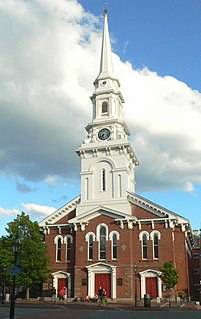
Congregationalism in the United States consists of Protestant churches in the Reformed tradition that have a congregational form of church government and trace their origins mainly to Puritan settlers of colonial New England. Congregational churches in other parts of the world are often related to these in the United States due to American missionary activities.

Reverend Abraham Pierson was the first rector, from 1701 to 1707, and one of the founders of the Collegiate School — which later became Yale University. He was born in Southampton, Long Island, where his father, the Rev. Abraham Pierson (Sr.), was the pastor of the Puritan (Congregational) church. At that time, Southampton and much of eastern Long Island were administered as part of the Connecticut Colony.
Contents
- Rectors of Yale College (1701–)
- Presidents of Yale College (1740–1878) and Yale University (1878–)
- References
The president is elected by the Yale Corporation, the governing body of the University on which the president sits ex-officio . The corporation's bylaws state that the president is "chief executive officer of the University and as such is responsible for the general direction of all its affairs." [1] The president nominates other university officers, including the provost, secretary, and other vice presidents, for election by the corporation. Other top-level administrative positions, such as university chaplain, deans of schools, and masters of residential colleges, are appointed by the president alone.
The Yale Corporation, officially The President and Fellows of Yale College, is the governing body of Yale University in New Haven, Connecticut.

Yale University has a system of fourteen residential colleges with which all Yale undergraduate students and many faculty are affiliated. Inaugurated in 1933, the college system is considered the defining feature of undergraduate life in Yale College, and the residential colleges serve as the residence halls and social hubs for most undergraduates. Construction and programming for eight of the original ten colleges were funded by educational philanthropist Edward S. Harkness, who admired the collegiate universities of England and funded a similar system of residential "houses" at Harvard College in 1928.
The university's current president is Peter Salovey, a professor of social psychology who formerly served as University Provost and Dean of Yale College and received his Ph.D. from Yale's Graduate School of Arts and Sciences.
Peter Salovey is an American social psychologist and current President of Yale University. He previously served as Yale's Provost, Dean of Yale Graduate School of Arts and Sciences, and Dean of Yale College. Salovey is one of the early pioneers and leading researchers in emotional intelligence.

Social psychology is the scientific study of how people's thoughts, feelings and behaviors are influenced by the actual, imagined or implied presence of others. In this definition, scientific refers to the empirical investigation using the scientific method. The terms thoughts, feelings and behavior refer to psychological variables that can be measured in humans. The statement that others' presence may be imagined or implied suggests that humans are malleable to social influences even when alone, such as when watching television or following internalized cultural norms. Social psychologists typically explain human behavior as a result of the interaction of mental states and social situations.

The Yale Graduate School of Arts and Sciences is the graduate school of Yale University. Founded in 1847, it is the oldest graduate school in North America, and was the first North American graduate school to confer a Doctor of Philosophy (Ph.D.) degree.
The Office of the President is located in Woodbridge Hall, a 1901 building erected specifically for administrative purpose. [2] The university maintains an official home for the president on Hillhouse Avenue, which hosts presidential events. Peter Salovey, inaugurated in 2013, is the first president since 1986 to use the home as his primary residence. [3]
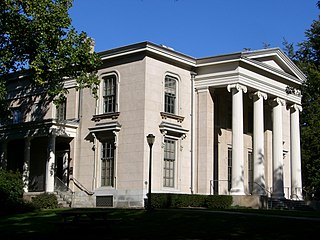
Hillhouse Avenue is a street in New Haven, Connecticut, famous for its many nineteenth century mansions, including the president's house at Yale University. Both Charles Dickens and Mark Twain have described it as "the most beautiful street in America." Much of the avenue is included in the Hillhouse Avenue Historic District, which extends to include houses on adjacent streets.





